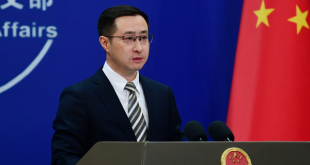KABUL – Amid escalating cross-border violence, Pakistan is signaling a strategic shift in its approach to the Taliban, warning that attacks originating from Afghan territory—particularly by groups such as the Tehreek-e-Taliban Pakistan (TTP), Balochistan Liberation Army (BLA), and ISKP—will carry direct consequences. Islamabad, facing its deadliest year in a decade with over 2,400 security personnel killed in the first three quarters of 2025, has increasingly linked Kabul to cross-border militancy, a charge the Taliban deny.
The evolving stance mirrors Pakistan’s historical grievances with India, where similar cross-border retaliation has been justified following attacks in Indian-administered Kashmir. Analysts suggest Islamabad is now seeking to define a “new normal” with the Taliban, making clear that future incursions could trigger strikes inside Afghanistan, while using diplomatic engagement—through China, Gulf states, and regional forums—to pressure Kabul into curbing militant activity.
The recent clashes coinciding with Taliban Foreign Minister Amir Khan Muttaqi’s visit to India underscore Pakistan’s heightened concerns about a potential Afghan-Indian alignment. Experts warn that while dialogue remains possible, the military asymmetry between Pakistan’s professional army and Taliban forces means that tensions along the porous 2,600-kilometre frontier are likely to persist, with the risk of further hostilities always present.
 Afghanistan Times Latest News and Analysis from Afghanistan and the Region
Afghanistan Times Latest News and Analysis from Afghanistan and the Region




